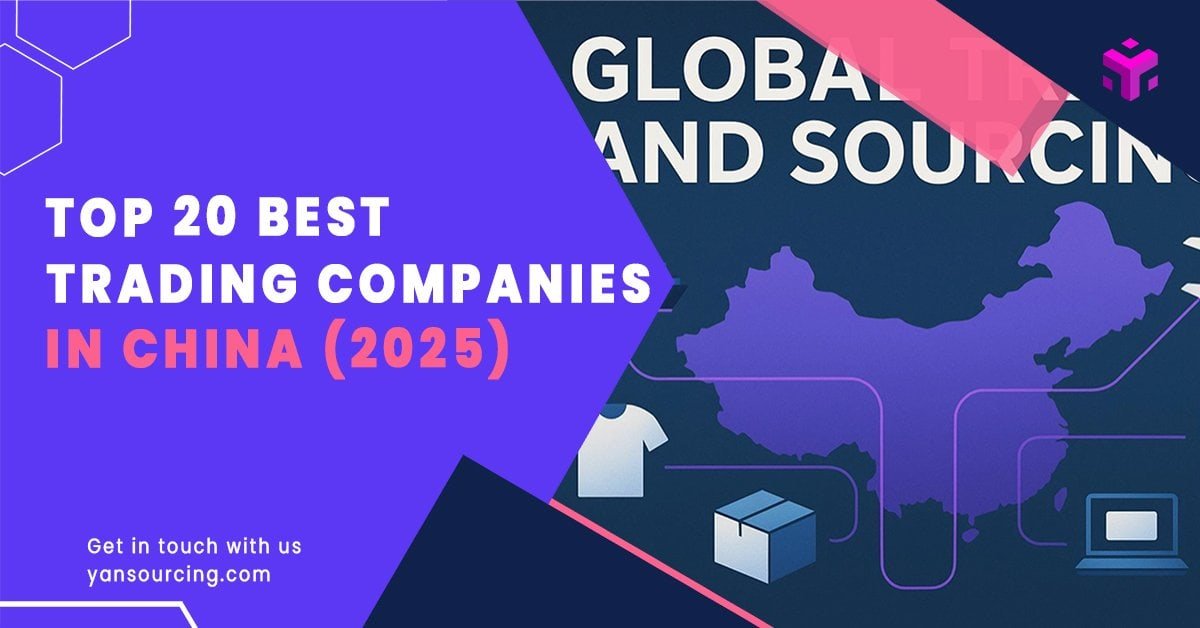
If you’re ready to shortlist partners and request quotes now, this 2025 list was built for you. We combined reputable China trading companies and sourcing agents so you can compare models side-by-side, match by use case, and contact 2–4 high-fit candidates today—without wading through vague promises.
Below you’ll find plain-English profiles with best-for scenarios, capabilities, known fee transparency, and practical pros/cons. No hype—just enough depth to help you move forward with confidence.
How we chose (2025)
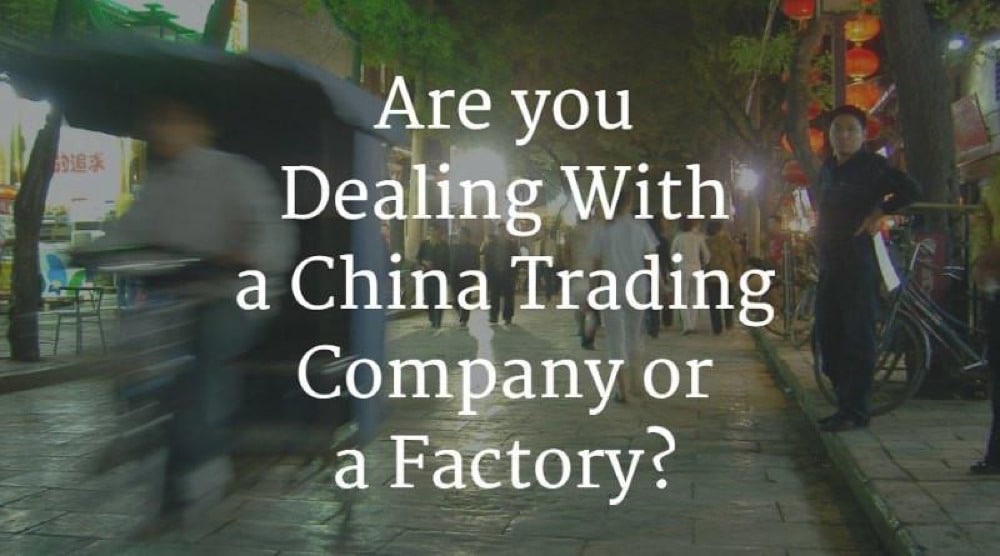
We evaluated publicly available information from 2024–2025 and prioritized firms that:
- Clearly describe services and categories.
- Demonstrate quality control and compliance literacy.
- Offer logistics know-how for e-commerce (FCL/LCL, DDP, FBA prep) or specialized niches.
- Show credible signals (documentation, thought leadership, or third-party recognition).
Criteria weights used: capability match & customization (25%), QC/compliance (20%), pricing transparency (15%), MOQs/flexibility (10%), logistics competence (10%), evidence/reliability (15%), support & responsiveness (5%).
Quick model refresher: A trading company typically buys from factories and resells; a sourcing agent typically represents the buyer to identify, verify, negotiate, and manage suppliers while you purchase directly. Many providers blend both.
Methodological note: Fees/MOQs vary by product and are subject to change. Where a provider publishes fee tiers, we cite it; otherwise, plan to confirm scope and pricing during discovery.
The 20 shortlists buyers actually use
Each card is skimmable: positioning, capabilities, and realistic trade‑offs.
- Yansourcing — Best for private‑label e‑commerce brands that want one‑stop sourcing + QC + FBA logistics support (sourcing agent)
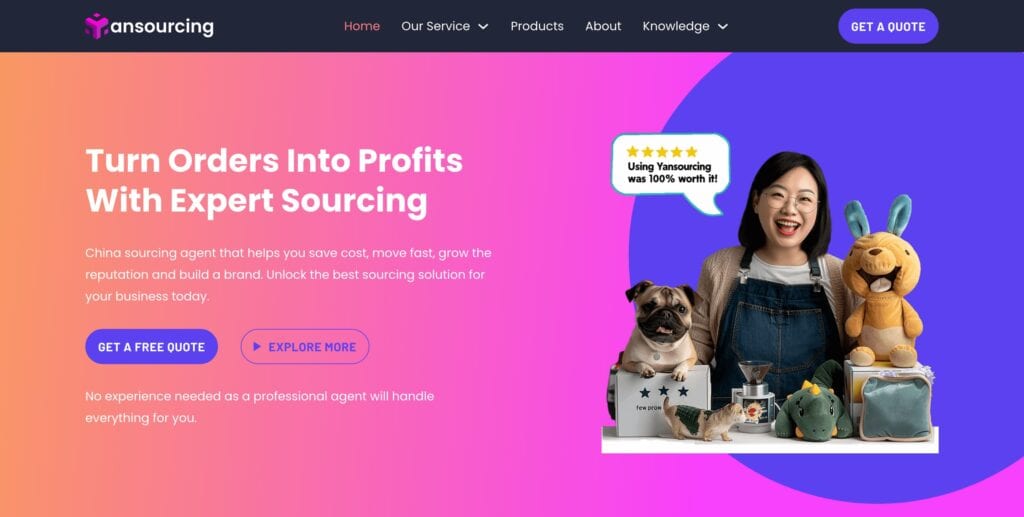
- Strengths: End‑to‑end buyer representation from supplier discovery to production, AQL‑based inspections with third‑party integration, FBA/marketplace workflows, packaging/branding coordination, and door‑to‑door shipping support.
- Fees/MOQs: Project‑based; confirm scope and commission during consultation (subject to change).
- Pros: Buyer‑side advocacy; private label focus; consolidated logistics and prep for Amazon/Shopify.
- Cons: Not a fit if you need an exporter of record to resell goods as a distributor.
- Best for: DTC brands and FBA sellers building a product line.
- Not for: One‑off personal orders or micro‑budgets.
- ET2C International — Best for multi‑country sourcing and risk mitigation (sourcing partner)
- Core: China plus India/Vietnam/Türkiye diversification; compliance and QC content is a strong emphasis.
- Evidence: Their 2024–2025 content outlines risk frameworks in ET2C’s Global Sourcing 101 (2024).
- Fees/MOQs: Quote‑based.
- Pros: Multiregional footprint; compliance‑forward.
- Cons: Enterprise tone; fees not public.
- Best for: Brands hedging China risk with alternative country options.
- Dragon Sourcing — Best for procurement outsourcing at scale (sourcing partner)
- Core: Supplier qualification, audits, and managed procurement programs.
- Evidence: Recognition noted in Dragon Sourcing ranks among top 25 procurement outsourcing providers (Everest Group, 2024).
- Fees/MOQs: Case‑by‑case; mixes fixed and performance structures.
- Pros: Mature procurement methods; suitable for complex categories.
- Cons: Less transparent pricing on public pages; may skew to larger engagements.
- Best for: Companies needing category strategy plus execution.
- Easy Imex — Best for end‑to‑end importer workflows (sourcing agent)
- Core: Sourcing → sampling → QC → shipping; built for non‑experts who want one accountable partner.
- Fees/MOQs: Not public; request a quote.
- Pros: Clear importer journey and education; door‑to‑door mindset.
- Cons: Limited public fee detail; confirm FBA/labeling specifics.
- Best for: First‑time or time‑poor importers.
- JingSourcing — Best for low‑MOQ private label and Yiwu market access (sourcing agent)
- Core: Private label, packaging, and category breadth via Yiwu wholesale ecosystems.
- Evidence: Private label scope shown on JingSourcing’s private label & packaging page (accessed 2025).
- Fees/MOQs: Commission tiers often discussed externally; confirm directly.
- Pros: Flexible MOQs for new SKUs; strong packaging coordination.
- Cons: Marketing‑heavy content; vet factory depth for technical goods.
- Best for: Accessories, home goods, giftables, and early‑stage brands.
- Maple Sourcing — Best for QC rigor with transparent service descriptions (sourcing agent)
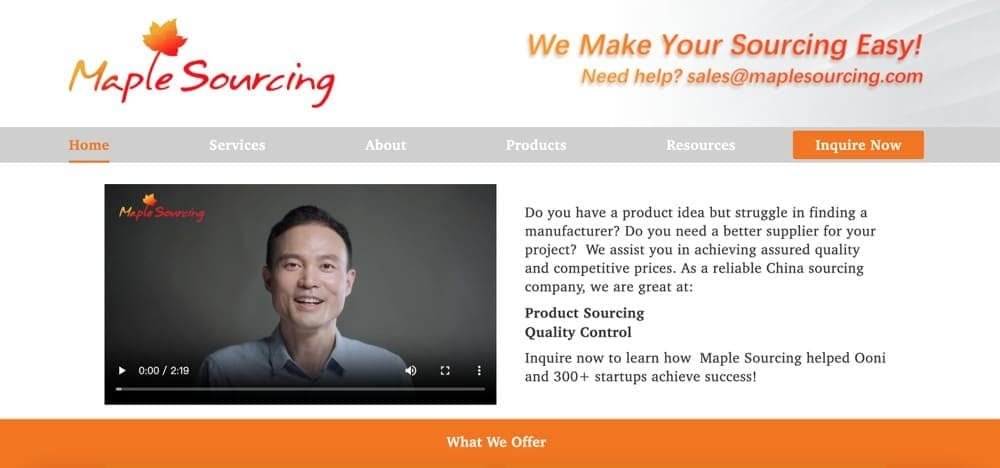
- Core: Supplier verification, factory audits, process control, and inspections.
- Evidence: Scope detailed on Maple Sourcing quality control (accessed 2025).
- Fees/MOQs: Quote‑based.
- Pros: Clear QC program descriptions; Shenzhen advantage for electronics and accessories.
- Cons: Pricing not public; confirm category fit.
- Best for: Teams who want QC documentation and audit structure up front.
- Asiaction Sourcing — Best for inspection‑heavy projects and packaging supervision (sourcing agent)
- Core: Order follow‑up, in‑process and pre‑shipment inspections, packaging checks, and shipping management.
- Evidence: Process overview on Asiaction shipping management (accessed 2025).
- Fees/MOQs: Project‑based.
- Pros: Strong operational oversight; detailed documentation.
- Cons: QC steps can lengthen timelines; fees not public.
- Best for: Brands that have faced quality slippage and need tighter control.
- EJET Sourcing/Procurement — Best for fee transparency among Yiwu‑rooted agents (sourcing agent)
- Core: Sourcing, branding, inspections, consolidation, and FBA support; LATAM experience.
- Evidence: A public plan page shows structures like a 5% commission plan; see EJET pricing (subject to change; accessed 2025).
- Pros: Unusual level of pricing clarity; Yiwu market know‑how.
- Cons: Multiple domains; confirm corporate entity and scope.
- Best for: Sellers who value upfront budget math.
- Leeline Sourcing — Best for Amazon FBA workflows with published fee tiers (sourcing agent)
- Core: FBA prep, labeling, compliance checks, and end‑to‑end sourcing.
- Evidence: Published tiers on Leeline price & payment (accessed 2025; subject to change).
- Pros: Clear FBA content and services; transparent model for planning.
- Cons: Marketing heavy; vet category depth for complex products.
- Best for: Amazon‑first sellers scaling SKUs.
- Foshan Sourcing — Best for furniture and building materials (sourcing agent)
- Core: Factory tours, QC, and logistics tailored to furniture, tiles, doors, and fixtures.
- Evidence: Niche focus illustrated in the 2025 guide to import furniture from China.
- Fees/MOQs: Quote‑based.
- Pros: Deep local industry network; on‑site coordination.
- Cons: Narrower category scope by design.
- Best for: Builders, developers, and furniture brands.
- Goldenshiny Trading — Best for Yiwu market sourcing + consolidation (trading company)
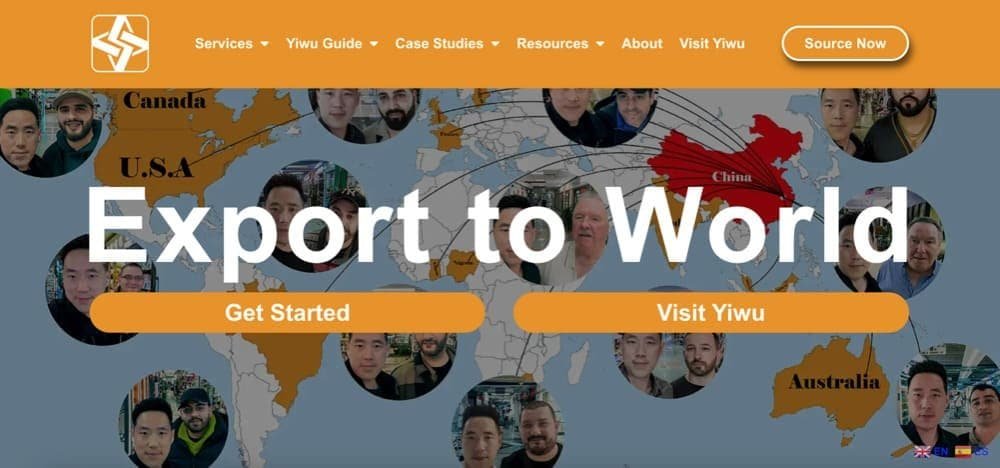
- Core: Market guiding, order tracking, QC, warehousing, container loading, customs filing, and shipping.
- Evidence: Updated Yiwu overviews like Yiwu Market 2025 guide.
- Fees/MOQs: Not public.
- Pros: One‑stop Yiwu operations; practical shipping stack.
- Cons: Focused on Yiwu ecosystem; confirm factory‑direct needs.
- Best for: Broad product mix and market‑sourced lines.
- CJdropshipping — Best for dropship and print‑on‑demand with China origin (platform/trading hybrid)
- Core: Product sourcing, private labeling, global warehouses, and store integrations.
- Evidence: Active 2025 content such as Top US dropshipping suppliers for 2025.
- Fees/MOQs: Platform model; pay for goods + shipping; extras for value‑added services.
- Pros: Fast testing and fulfillment at small quantities.
- Cons: Not ideal for bulk OEM with custom tooling.
- Best for: Testing product‑market fit or low‑MOQ catalog expansion.
- China2West (C2W) — Best for OEM/ODM and IP‑secure assembly (sourcing/manufacturing partner)
- Core: Contract manufacturing, QC/inspection, and IP protection via its Shield Works facilities.
- Evidence: Process education in their OEM guides; start with the OEM manufacturing explainer (2024–2025) on their site.
- Fees/MOQs: Project‑based.
- Pros: Manufacturing depth; emphasis on IP controls.
- Cons: More manufacturer‑partner than classic trading company.
- Best for: Brands developing custom products with protectable IP.
- KeenSourcing — Best for e‑commerce shipping pragmatism (sourcing agent)
- Core: Sourcing with content on FBA pathways and shipping options.
- Evidence: Their FBA shipping overview helps frame choices for beginners; see the KeenSourcing FBA post (accessed 2025).
- Fees/MOQs: Quote‑based.
- Pros: Practical e‑commerce‑oriented content; approachable for small teams.
- Cons: Limited public fee details.
- Best for: Early‑stage Amazon sellers.
- Supplyia — Best for buyers who want side‑by‑side platform/agent options (sourcing agent)
- Core: Sourcing and QC; also publishes comparisons and educational posts.
- Fees/MOQs: Not clearly published; verify during discovery.
- Pros: Educational coverage helps set expectations.
- Cons: Evidence on performance outcomes is limited publicly.
- Best for: Buyers wanting a teaching‑forward partner.
- Asian Sourcing Group (ASG) — Best for multi‑category sourcing with a single coordinator (sourcing partner)
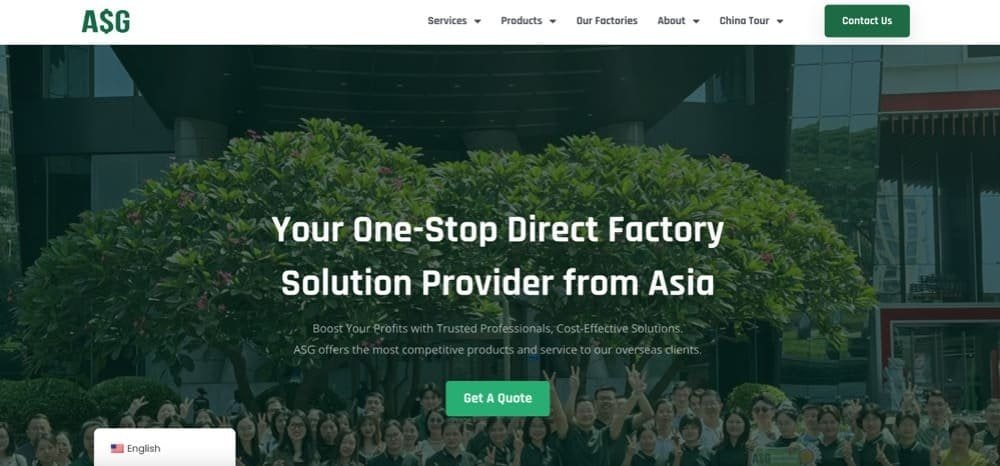
- Core: Buyer representation across broad categories; supply‑chain solutions.
- Evidence: Service positioning and updates on the ASG site (2024–2025).
- Fees/MOQs: Quote‑based.
- Pros: Wide category coverage; centralized coordination.
- Cons: Limited public fee metrics.
- Best for: Retailers with diverse SKU portfolios.
- Tanndy Ltd — Best for ground support and supplier selection in South China (sourcing agent)
- Core: Supplier vetting, QA, fulfillment, and logistics; publishes roundups of agents and methods for transparency.
- Fees/MOQs: Quote‑based.
- Pros: Pragmatic, on‑the‑ground coordination.
- Cons: Fees not public; confirm category depth.
- Best for: Buyers planning China visits or trade‑show loops.
- Minden Sourcing — Best for buyer education with sourcing and QC support (sourcing agent)
- Core: Supplier vetting, QC, and logistics; publishes step‑by‑step guides for non‑experts.
- Fees/MOQs: Not public.
- Pros: Educational guidance; straightforward scope descriptions.
- Cons: Limited third‑party validation.
- Best for: First‑time importers who value hand‑holding.
- Tiroflx — Best for western‑owned sourcing and manufacturing coordination (sourcing/manufacturing agent)
- Core: Sourcing plus production oversight; emphasizes experience working with western clients.
- Fees/MOQs: Quote‑based.
- Pros: Cultural/communication familiarity; manufacturing coordination.
- Cons: Verify factory coverage by category.
- Best for: Teams seeking western account management on China ground.
- Owlsourcing — Best for buyers who want conceptual clarity before committing (educational + sourcing services)
- Core: Detailed explainers on trading company vs. agent models and scenario‑based guidance; offers sourcing services.
- Fees/MOQs: Not public.
- Pros: Clarity on when to use which partner type.
- Cons: Less operations detail in public materials; confirm QC program depth.
- Best for: Founders still refining their procurement approach.
Practical verification steps before you commit
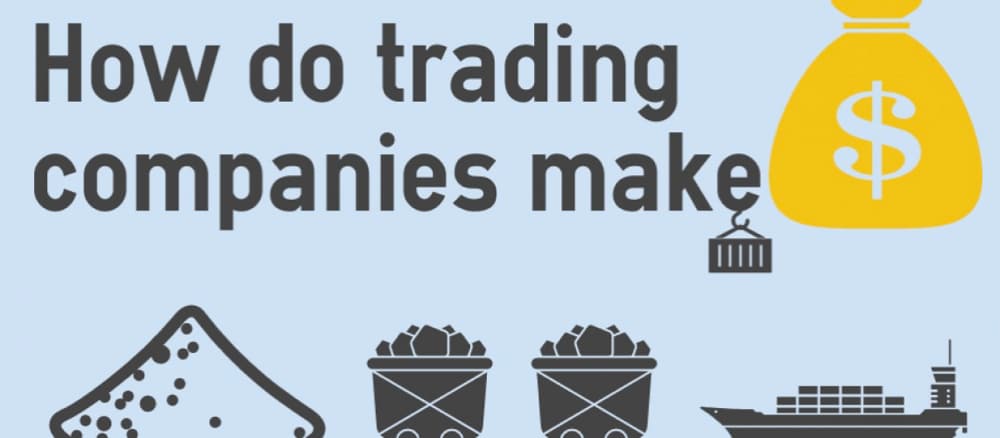
- Paperwork first: Verify business license and tax registration. For high‑risk categories, consider independent factory audits and AQL‑based inspections.
- Quote hygiene: Ask for line‑item quotes (EXW/FOB/DDP), sample and tooling costs, and payment terms. Expect some cost variability due to FY2025 customs fee adjustments noted in the U.S. Federal Register’s Customs user fees for FY2025 (2024).
- E‑commerce fit: If you sell on Amazon/Shopify, confirm FBA prep (labels, carton markings), packaging compliance, and DDP or IOR arrangements.
- Compliance mindset: For U.S./EU routes, discuss restricted‑entity screening, materials traceability, and test/reporting requirements early.
Data freshness and limitations
- Research window: We prioritized 2024–2025 sources and official pages. Where fees are public, we linked them; where not, treat all fee/MOQ mentions as indicative and subject to change.
- Evidence density varies: Several providers publish strong education but little pricing detail. That’s normal in this market—plan a discovery call to confirm specifics before you commit.
Next step: Get a shortlist built around your product
If you’d like an expert to vet factories, coordinate sampling, and manage QC/logistics end‑to‑end for your next SKU, request a free sourcing consultation with Yansourcing. We’ll discuss your product, budget, timelines, and the fastest path to reliable suppliers.
